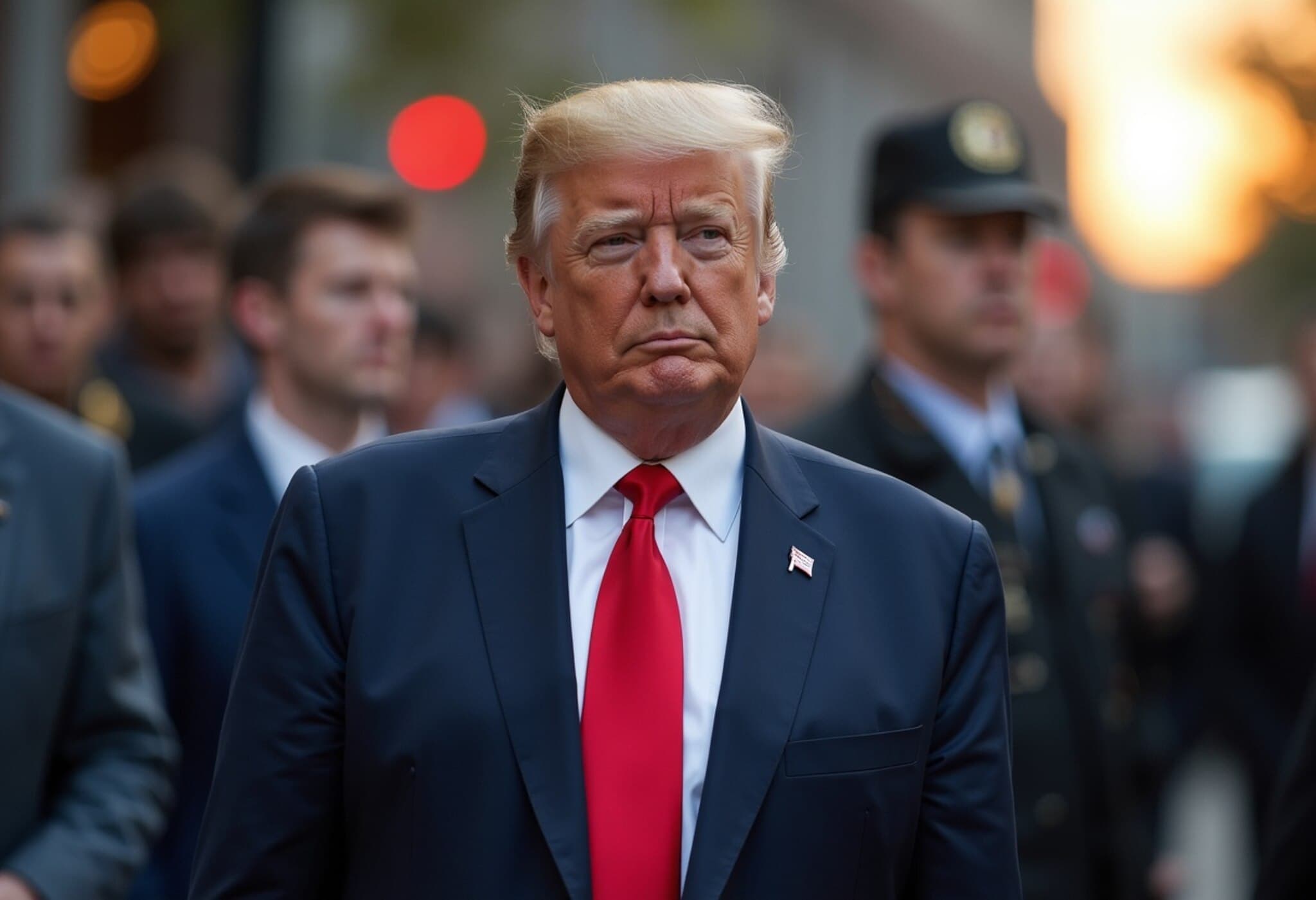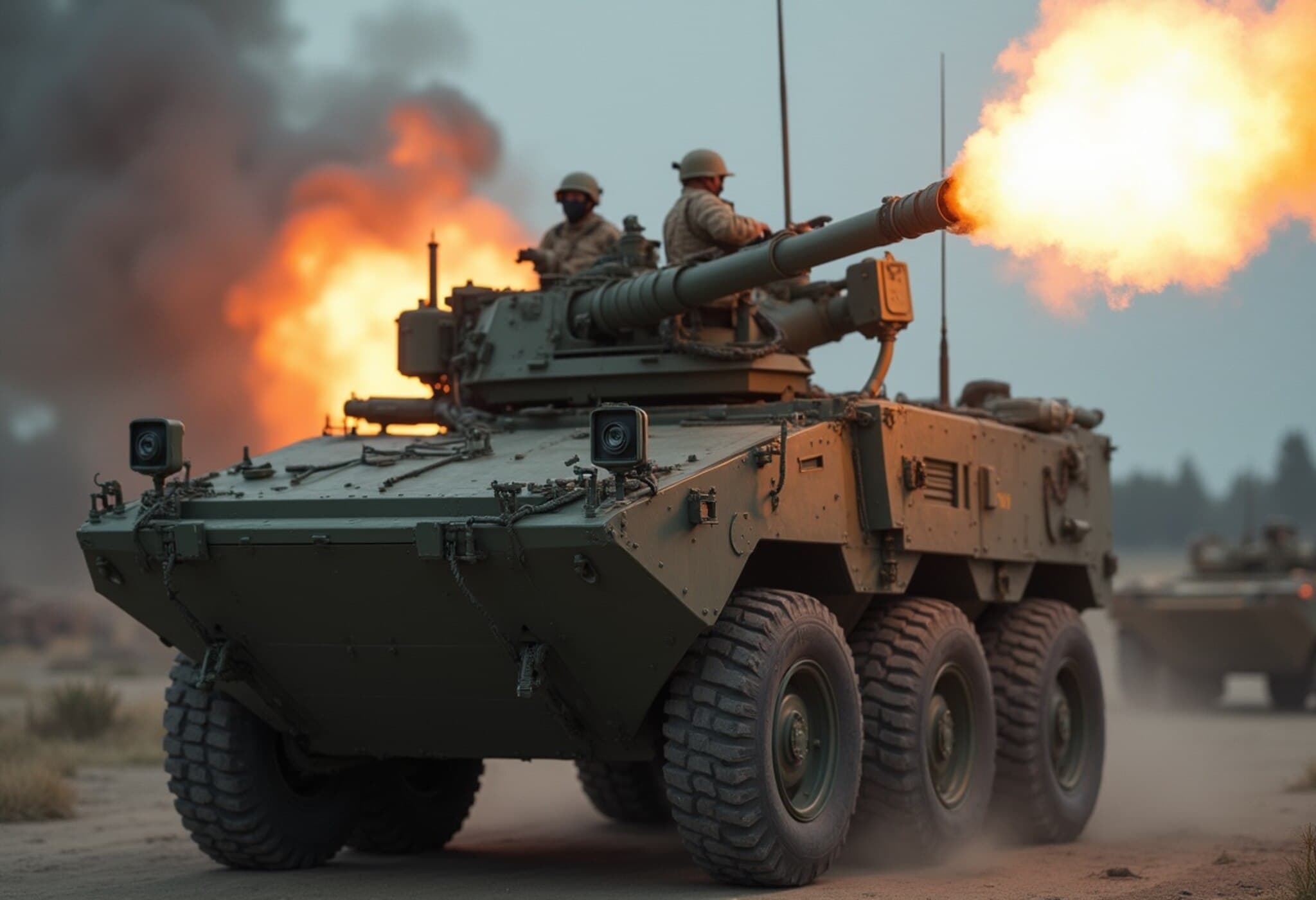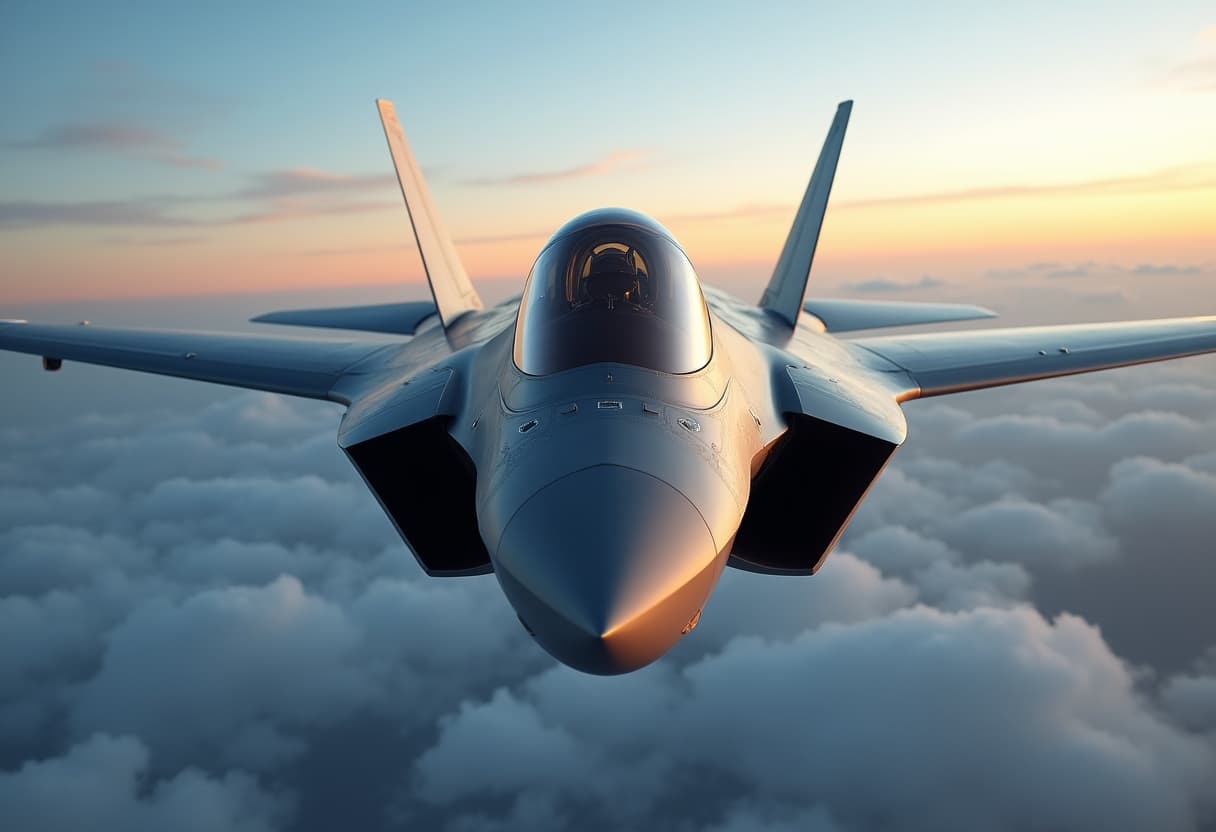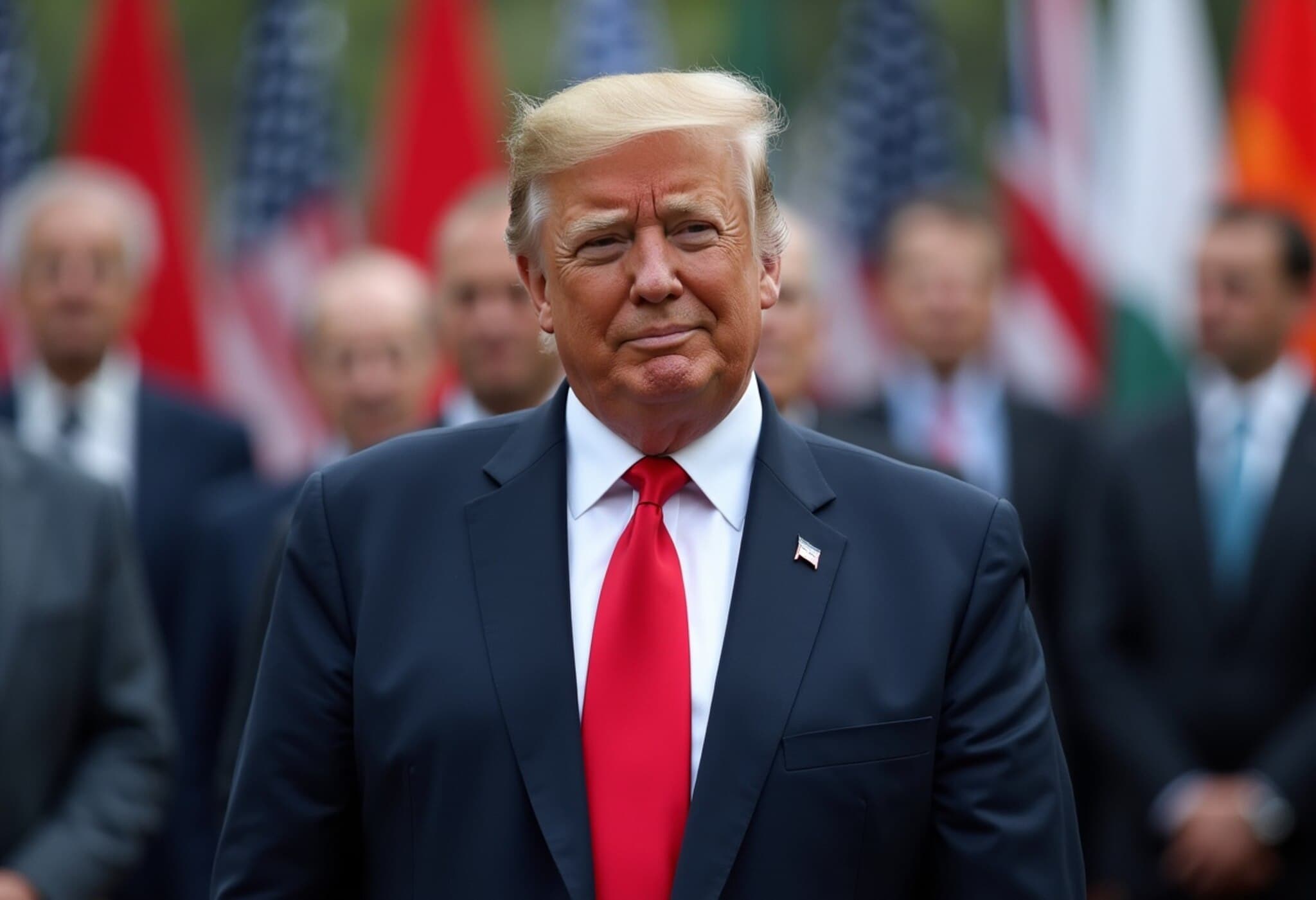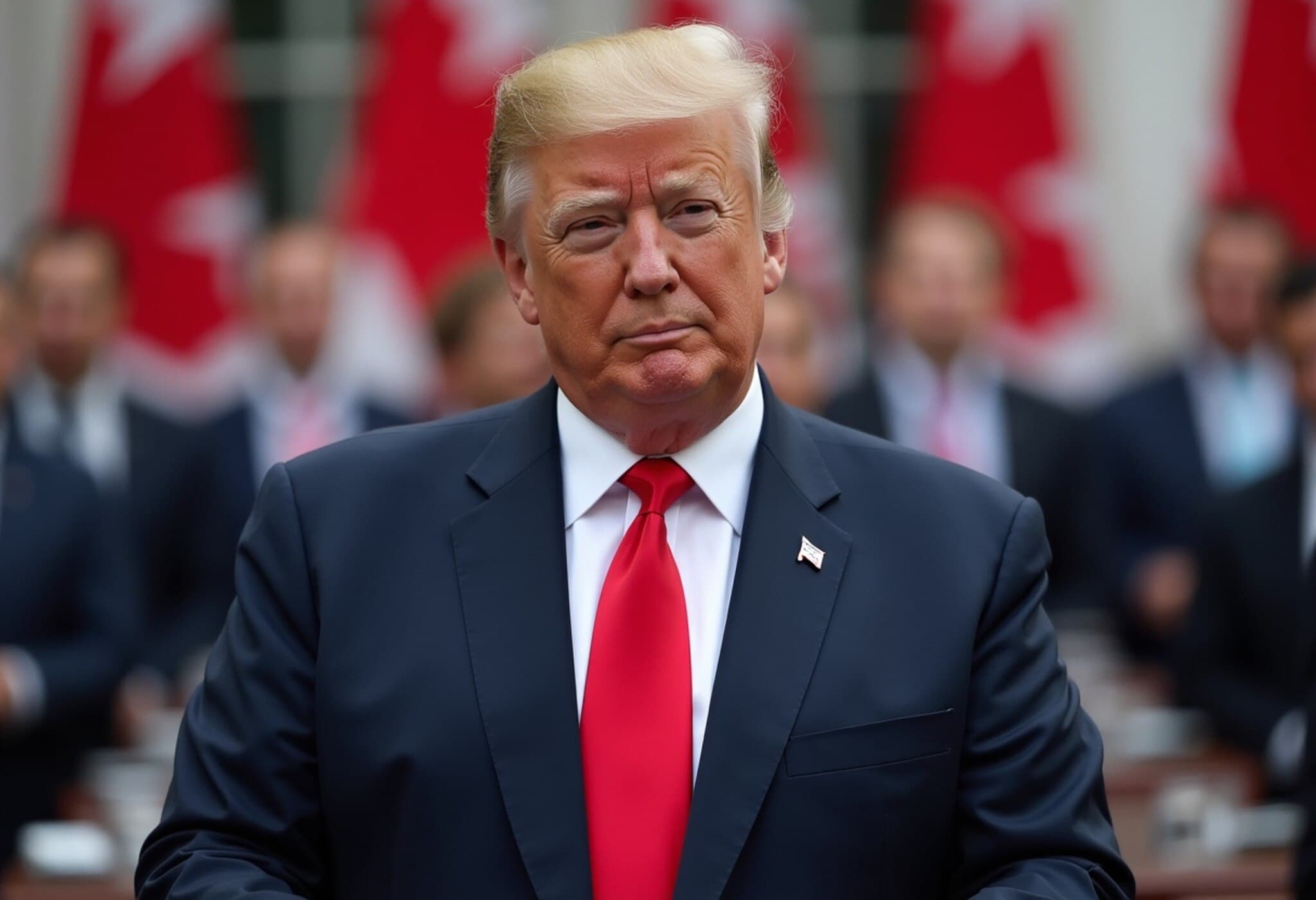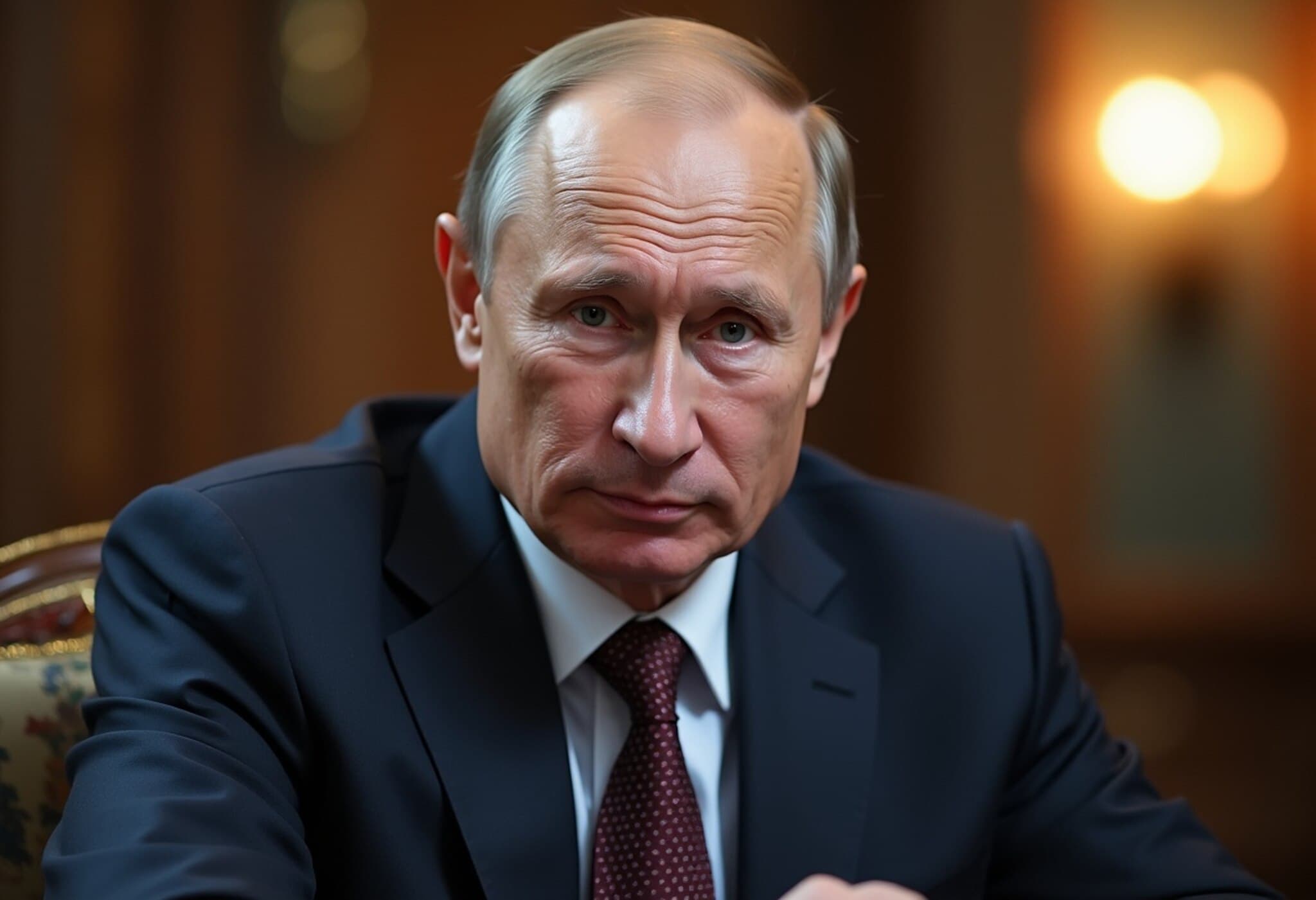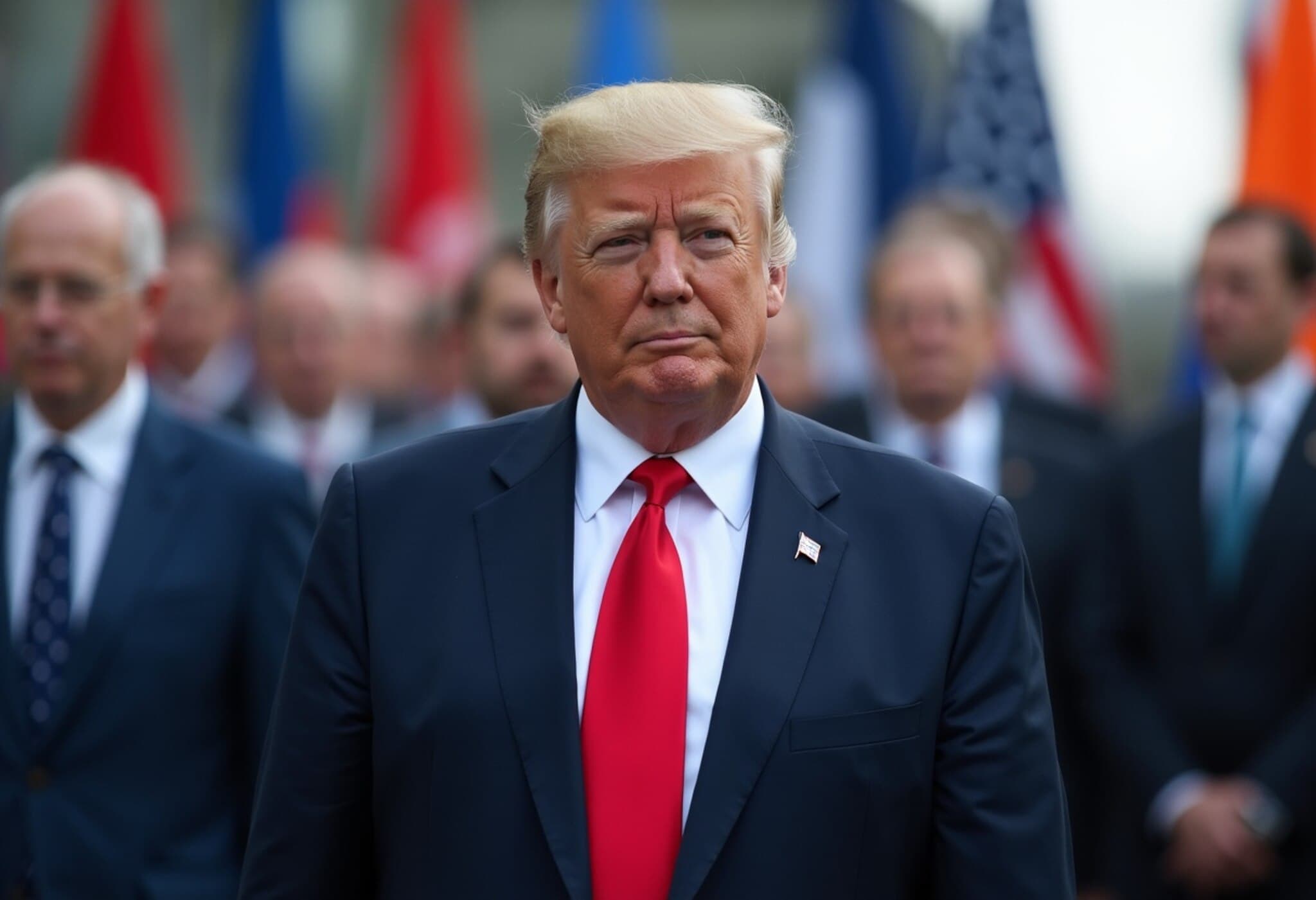US Military Stockpiles at a Critical Juncture, Warns Retired Pentagon Adviser
Retired Colonel Douglas Macgregor, a former senior adviser to the Secretary of Defense under the Trump administration, has sounded a grave alarm regarding the United States' military readiness. In a recent statement on X (formerly Twitter), Macgregor claimed that the US currently holds only enough offensive and defensive missiles to sustain a conflict for roughly eight days before facing the daunting prospect of resorting to nuclear weapons.
"America Can Fight an 8-Day War, Then… Nuclear"
According to Macgregor, "Very reliable sources tell me we have roughly 8 days of offensive and defensive missiles on hand and readily available. Translation: we can fight an 8 days war and then we would have to go nuclear." This stark warning has reignited debate over the sustainability of American military aid programs, especially in light of ongoing support to Ukraine amid the Russia-Ukraine conflict.
Context: Military Aid Amid Depleting Stockpiles
In recent months, several reports have highlighted the strain that continuous arms shipments to Ukraine are placing on the Pentagon’s reserves. The US military has acknowledged difficulties replenishing critical munitions such as advanced long-range missiles, Patriot missile interceptors, and 155mm artillery shells due to production bottlenecks and supply chain constraints.
Notably, former President Donald Trump recently authorized a significant new tranche of weaponry to Ukraine, a move that contrasts with his earlier calls for restraint in military aid. Ukrainian officials have welcomed these shipments, regarding them as vital lifelines against Russian aggression.
Challenges of Balancing Global Support and National Readiness
These developments raise urgent questions about the extent to which the US can juggle its international commitments alongside maintaining sufficient military readiness at home. Experts emphasize that depleting stockpiles could leave the nation vulnerable in the event of a prolonged confrontation with a major adversary.
- Missile shortages: High consumption rates and slow production impede replenishment.
- Supply chain bottlenecks: Global industrial challenges exacerbate delays in weapon manufacturing.
- Geopolitical risks: Escalating tensions with Russia increase the possibility of direct conflict.
Geopolitical Repercussions and Russian Response
Russia has vehemently condemned Western arms transfers to Ukraine, accusing Kyiv of using long-range weapons provided by the US and its allies to target civilian areas across Russian territory. Moscow argues these actions undermine prospects for peace and have issued warnings about potential escalations.
President Vladimir Putin recently suggested that the presence of Western-supplied weaponry on Ukrainian soil could fundamentally change the conflict's dynamic. "We will make the necessary decisions based on the threats we face," Putin asserted, signaling a potential recalibration of Kremlin strategy if NATO countries are perceived to be directly involved.
Expert Insight: Implications for US National Security Strategy
Military analysts note that Macgregor’s concerns spotlight a broader dilemma—the tension between sustaining global leadership roles and safeguarding homeland defense. As the US commits to protracted support for allied nations, it risks depleting hard-to-replace advanced munitions and facing a strategic shortfall if confronted with peer-level conflicts.
This underscores the urgency for strategic stockpile assessments, scaling up domestic production capabilities, and recalibrating foreign military assistance policies to harmonize with long-term national security interests.
Conclusion: Navigating a Complex Strategic Landscape
With mounting internal and external pressures, the US government faces the difficult task of balancing its commitment to allies like Ukraine with the imperative to retain robust military capacity at home. Macgregor's warning serves as a stark reminder that America's ability to engage in extended conventional warfare may be far more limited than commonly perceived, raising critical questions about the future of US military policy in an increasingly volatile global arena.
Editor's Note
Douglas Macgregor's candid assessment brings to light an often overlooked vulnerability in America's defense posture—the rapid depletion of advanced missile stockpiles amid ongoing foreign engagements. This situation challenges policymakers to rethink military aid strategies and invest decisively in domestic production capabilities. As tensions escalate globally, the U.S. must tread carefully to avoid entanglements that could force reliance on nuclear options prematurely, fundamentally reshaping global security dynamics.





